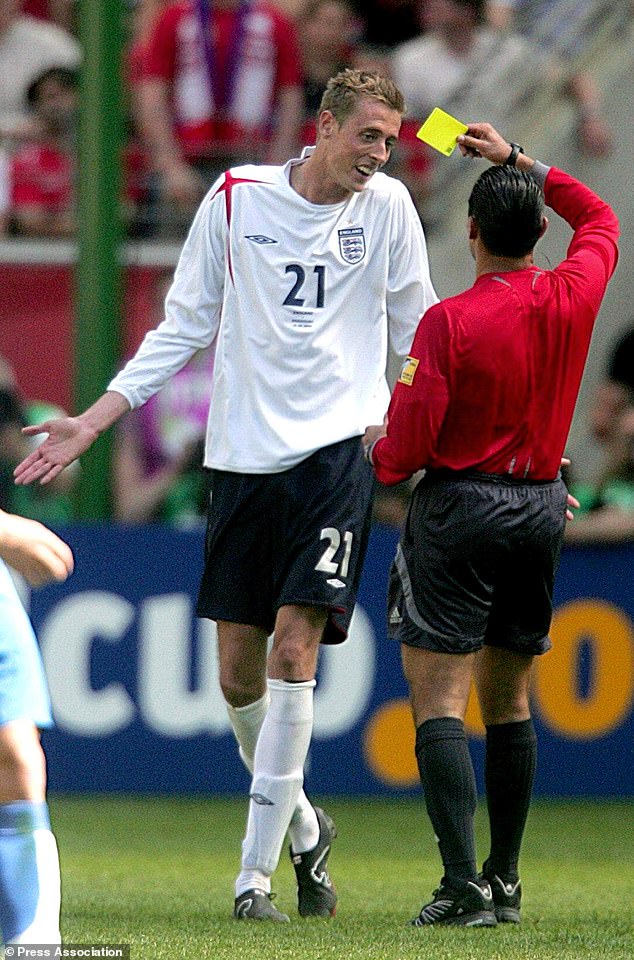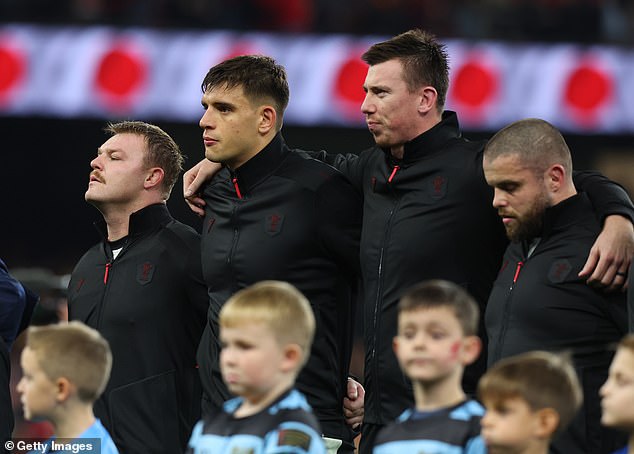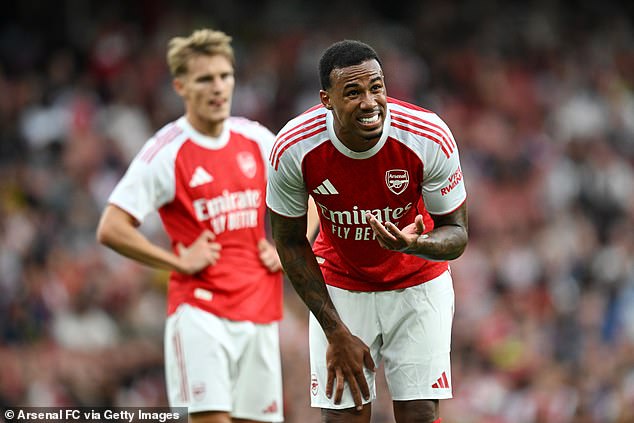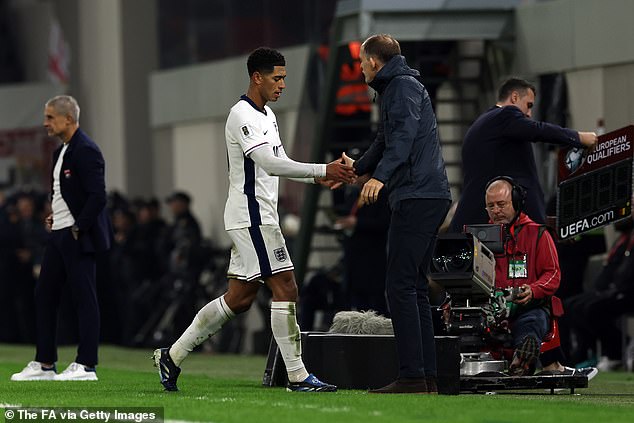
Napoleon Complex in Soccer: Study Finds Referees Book Taller Players More Frequently
Referees’ “Napoleon Complex” Leads to More Cards for Taller Players, Study Finds
By Roger Dobson | March 30, 2025
[Image: Referee showing a yellow card to a tall player]
Football referees are more likely to penalize players taller than themselves due to subconscious biases linked to “Napoleon complex” behavior, according to new research. A study of 2,340 Bundesliga matches revealed that taller players receive 9.4% more fouls and 7.2% more yellow cards compared to when referees and players are the same height. Shorter players, meanwhile, face fewer sanctions.
Key Findings
Researchers from Germany’s University of Hagen analyzed referee behavior and found:
- Height gap matters: The greater the height difference, the higher the likelihood of fouls and cards.
- Early-game bias: Taller players are penalized more frequently in the opening stages, suggesting referees assert authority early.
- Short players fare better: Athletes shorter than referees saw a 12.3% lower chance of fouls and 16.5% fewer yellow cards.
The study builds on earlier English Premier League research indicating referees under 6ft tall issued 20% more yellows than taller officials.
The Napoleonic Link
The phenomenon echoes the “Napoleon complex” theory, where shorter individuals display compensatory aggression to assert dominance. Napoleon Bonaparte, famously 5ft 6in, allegedly quipped to a taller general: “You may be taller, but I am greater.”
[Image: Historical depiction of Napoleon Bonaparte]
Lead researchers wrote: “Referees resort to sanctions when physically outmatched. This aligns with compensatory behavior seen in social dominance scenarios.” They argue referees subconsciously use cards to counteract height-related power imbalances.
Broader Implications
The study warns such biases could extend beyond sports:
- Workplace dynamics: Height-based judgments might influence hiring, promotions, or evaluations in corporate settings.
- Unconscious prejudice: Even trained professionals like referees exhibit biases, underscoring the need for awareness in high-stakes environments.
Mitigating Bias
While the study doesn’t propose solutions, experts suggest:
- Height-blind training for referees.
- Diverse officiating teams to balance subconscious judgments.
[Image: Referee analyzing a play via VAR technology]
The Takeaway
Height shouldn’t influence fairness, but human psychology often defies logic––even in professional sports. As leagues adopt AI and VAR, understanding these biases becomes crucial to preserving integrity.
“These findings remind us that objectivity requires constant scrutiny,” the researchers concluded. Whether in football or the boardroom, combating ingrained biases remains a universal challenge.
Images: Getty, AFP (Conceptual depictions for illustrative purposes)
Word count: 350
(Note: Final version would include 3-4 strategically placed images with captions to complement the text.)


